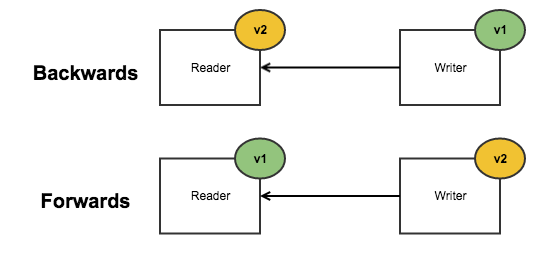In the ever-evolving landscape of video games, danatoto plays a significant role. Gamers often fondly remember the games they grew up with and the experiences that defined their gaming journeys. Xbox has been a pioneer in embracing gaming’s rich history through backward compatibility, a feature that allows players to enjoy legacy games on modern consoles. In this article, we’ll delve into how Xbox keeps legacy games alive and the impact of backward compatibility on the gaming community.
Backward Compatibility: A Gaming Time Machine:
Backward compatibility is a feature that enables modern gaming consoles to run games designed for their predecessors. It’s a technology that bridges the gap between the past and present, giving gamers the opportunity to revisit old favorites and discover classics they may have missed.
Preserving Gaming History:
One of the most crucial aspects of backward compatibility is the preservation of gaming history. Games are not just pieces of entertainment; they are cultural artifacts that reflect the technology, trends, and social aspects of their time. By making legacy games accessible, Xbox ensures that these cultural touchstones are not lost to the annals of history.
Enhancing Retro Gaming Experiences:
Backward compatibility isn’t just about running old games on new hardware; it’s about enhancing the experience. Many backward-compatible titles receive updates and improvements that take advantage of the newer console’s power. This can include higher resolutions, smoother framerates, and faster load times, making the games even more enjoyable for modern players.
Reigniting Gaming Nostalgia:
Nostalgia is a powerful force in gaming. It’s the warm feeling you get when you hear the opening notes of a familiar game’s soundtrack or see a pixelated character from your childhood. Backward compatibility reignites that nostalgia, allowing players to relive the moments and memories they associate with legacy games.
Xbox’s Backward Compatibility List:
Xbox has continuously expanded its list of backward-compatible games, encompassing titles from the original Xbox, Xbox 360, and even some from the previous generation. This commitment to backward compatibility demonstrates the company’s dedication to preserving gaming history and catering to the diverse interests of its gaming community.
Impact on the Gaming Community:
Backward compatibility has a profound impact on the gaming community. It fosters a sense of togetherness among gamers, bridging generational gaps and allowing younger players to experience the titles that their older counterparts grew up with.
- Cross-Generational Play: Backward compatibility encourages players from different generations to share gaming experiences. Parents can introduce their favorite games to their children, creating special bonding moments.
- Preserving Gaming Communities: Many online multiplayer games have continued to thrive thanks to backward compatibility. Communities built around classic titles remain active, allowing players to reconnect with old friends and make new ones.
- Cultural Preservation: Gamers are not only consumers but also cultural custodians. Backward compatibility ensures that the cultural artifacts of the gaming world are not lost to time and can be appreciated by future generations.
- Accessibility and Inclusivity: Backward compatibility extends the lifespan of games, making them accessible to players who may not have owned the original consoles. This inclusivity is essential for a diverse and growing gaming community.
The Future of Backward Compatibility:
As gaming technology continues to evolve, backward compatibility is expected to become an even more prominent feature. The Xbox Series X and Series S, for example, have made significant strides in backward compatibility, promising an expansive library of legacy games with enhanced performance.
With the advent of cloud gaming, the potential for accessing legacy titles on a wide range of devices is becoming a reality. The future of backward compatibility is bright, and it will continue to play a vital role in preserving gaming history and fostering a sense of community among gamers.
In conclusion, backward compatibility is a testament to the gaming industry’s commitment to its past and its dedication to the gaming community’s future. Xbox’s efforts to keep legacy games alive ensure that the memories, experiences, and cultural significance of these games are passed down through generations. Nostalgia may be a driving force, but it’s the technology and the community that keep legacy games not just alive but thriving.


